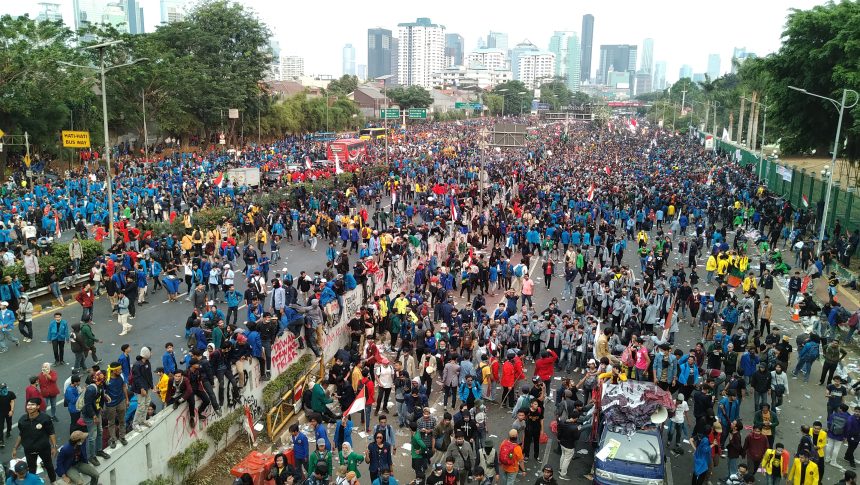Disappearances Add to Rising Toll of Turmoil
Following a week of intense and widespread protests across Indonesia, at least 20 people remain unaccounted for, according to human rights organization KontraS (Commission for the Disappeared and Victims of Violence). Out of 23 initial reports, 20 are still missing after verification efforts concluded.
Whereabouts Last Noted: Cities Under Siege
Most of the missing individuals were last seen in the cities of Bandung, Depok, and multiple administrative areas within Jakarta—including Central, East, and North Jakarta. One case involves an individual whose disappearance occurred in an “unknown location.”
Protests Sparked by Lawmaker Perks—Now Escalate
The unrest began on August 25, fueled by public outrage over extravagant housing allowances granted to lawmakers—equating to approximately 50 million rupiah ($3,075) monthly, which is roughly ten times Jakarta’s minimum wage. Tensions spiraled when a 21-year-old motorcycle taxi driver, Affan Kurniawan, was tragically run over by a police vehicle, igniting nationwide demonstrations.
Fatalities, Crackdowns & Rising Discontent
At least six people have died in connection with the protests so far. Law enforcement’s response has been forceful, with deployments of military, police checkpoints, and even snipers in Jakarta. Schools have shifted to online teaching, and civil servants are working from home amid heightened tensions.
The UN has called for a formal investigation into the possible misuse of force, reminding security forces of the obligation to adhere to international norms.
Government Concessions Met with Skepticism
Under mounting pressure, President Prabowo Subianto announced a rollback of some parliamentary perks but simultaneously issued warnings against violent actions. His administration launched an investigation into Kurniawan’s death, resulting in the detention of seven officers, with at least two facing potential dismissal. However, these measures have done little to stem the unrest or alleviate demands for deeper reform.
Economic Frictions Mirror Social Frustration
The protests transcend immediate grievances. Despite reports of economic growth (e.g., GDP rising around 5.1%), many Indonesians feel left behind—plagued by inflation, joblessness, and underemployment.
Public anger reflects profound distrust in political elites and growing impatience with ineffective governance.
What Lies Ahead
- Unresolved Missing Persons: Families of the missing are awaiting answers, heightening emotional stakes and public scrutiny.
- Strength of Dissent: Calls for structural reforms—including police accountability, political transparency, and fairer economic policies—are gaining momentum.
- Risk of Further Escalation: Without meaningful progress, protests may persist or intensify, threatening social and political stability.
Indonesia stands at a crossroads: facing the disappearance of its citizens, and confronting a political crisis rooted in inequality and distrust. The government’s next steps may determine whether this moment becomes an inflection point—or deepens the divide between state and society.











